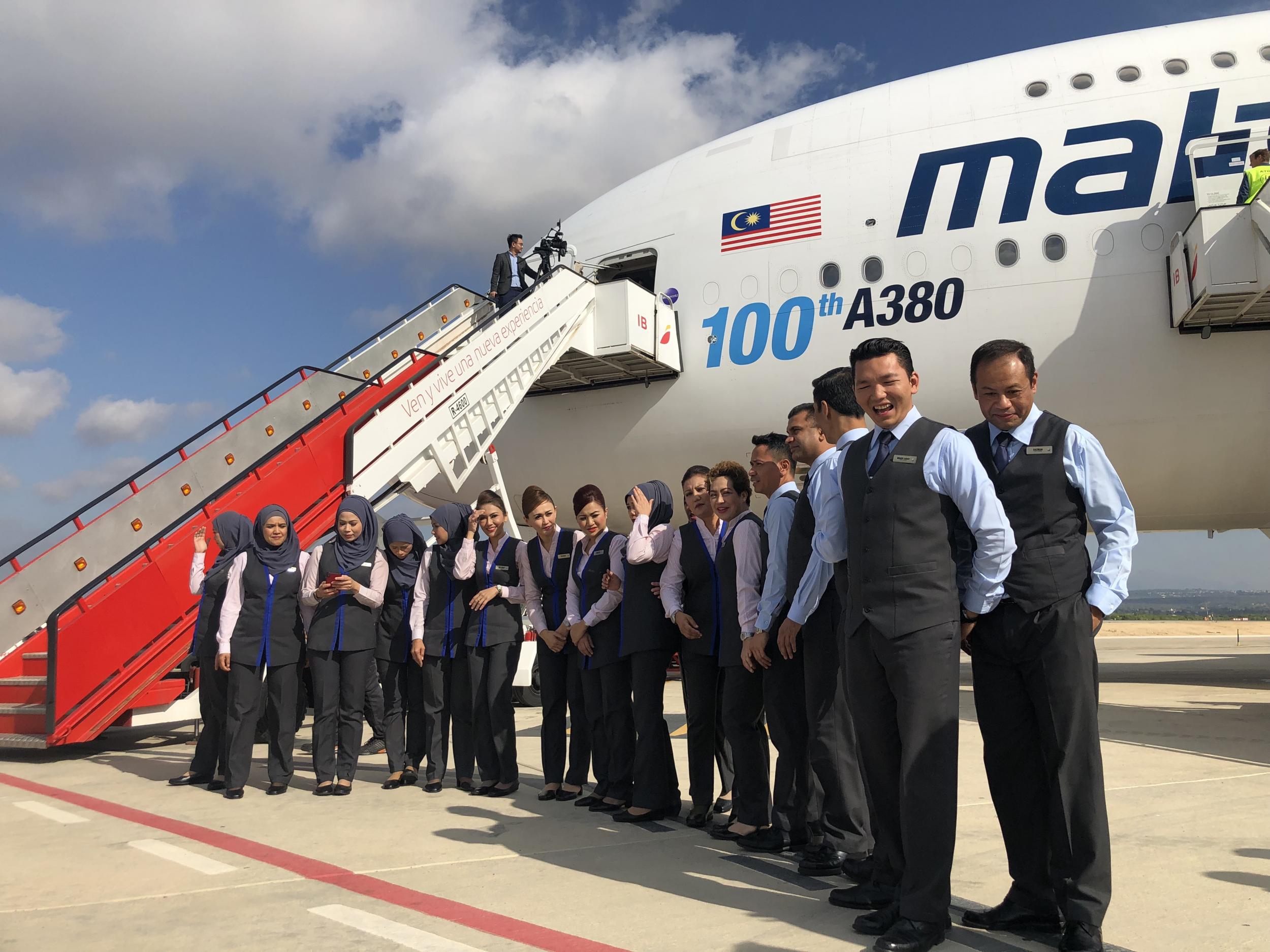There’s no such thing as a free flight
The Man Who Pays His Way: Thomas Cook passengers who chose to travel unprotected got home for nothing and may even turn a profit

Your support helps us to tell the story
From reproductive rights to climate change to Big Tech, The Independent is on the ground when the story is developing. Whether it's investigating the financials of Elon Musk's pro-Trump PAC or producing our latest documentary, 'The A Word', which shines a light on the American women fighting for reproductive rights, we know how important it is to parse out the facts from the messaging.
At such a critical moment in US history, we need reporters on the ground. Your donation allows us to keep sending journalists to speak to both sides of the story.
The Independent is trusted by Americans across the entire political spectrum. And unlike many other quality news outlets, we choose not to lock Americans out of our reporting and analysis with paywalls. We believe quality journalism should be available to everyone, paid for by those who can afford it.
Your support makes all the difference.Surely this is the best-ever “free flights” offer?
“All Thomas Cook customers, wherever they are around the world, will be brought back to the UK on special free flights or booked on to another scheduled airline at no extra cost,” says the Department for Transport (DfT).
That’s at no extra cost to the travellers. But, as you know, there is no such thing as a free flight. The Civil Aviation Authority (CAA) rescue effort, Operation Matterhorn, will cost £100m. The airlift is open to anyone with a booking on the defunct travel firm’s airline between 23 September and 6 October. About £60m will come out of the fund for travellers with Air Travel Organiser’s Licence (Atol) protection. And the taxpayer foots the bill for everyone else.
The collapse of the world’s mightiest travel brand has been wretched for many. Thousands of excellent Thomas Cook staff are seeking new jobs. All 800,000 Atol-protected holidaymakers whose future trip disappeared along with the company are still waiting simply to begin the process of claiming their money back – which, they are warned, may not arrive until December.
Yet, long before Christmas, some Thomas Cook customers will profit from the collapse of the company. They will take advantage of a loophole in the taxpayer-funded airlift: even though they got a free flight home, they are legally entitled to claim back the cost of their original Thomas Cook flight from their card company.
“It doesn’t matter whether customers are Atol protected or not, or what their nationality is,” the DfT explains. “Everyone on a Thomas Cook holiday with a return flight to the UK within the two weeks will be brought home.” As will thousands of people who were not on Thomas Cook holidays, but simply had flights with the airline.
On Tuesday I took a “special free flight” from Mallorca to Manchester laid on by the CAA. (It wasn’t free for me; with no commercial fare available, I paid £200 to the Abta LifeLine fund, which is helping Thomas Cook employees who are in financial difficulties.)
Quite rightly, everyone who had booked a proper package holiday with Atol protection was looked after, with special free tea and coffee on offer. But passengers who had chosen to travel unprotected got exactly the same treatment, and stand to get a modest financial windfall as well.
The government has created this plainly absurd state of affairs. Politicians don’t want wall-to-wall news reports about British holidaymakers abandoned in Alicante or stranded in Skiathos during the party conference season (which coincides with the financially brutal end of September/start of October, when travel firms are most prone to go pop).
Yet the message that travellers pick up is: no need to take responsibility, the taxpayer will rescue you. This sense of entitlement does no one any favours – especially the staff and passengers of travel firms who diligently use the Atol scheme.
Next time a big holiday company fails, travellers with Atol cover must be prioritised, and chancers left to their own online devices. No one wants to see travellers in distress. But as the volcanic ash grounding of all northern European flights in 2010 proved there is always another way home. It might be slow and expensive, but that is the price of taking a risk with travel protection.
Simon Calder has been named Features Journalist of the Year – Ground Transportation at the 2019 Business Travel Journalism Awards for an article about split ticketing on the railways. Read the award-winning piece here.
Join our commenting forum
Join thought-provoking conversations, follow other Independent readers and see their replies
Comments